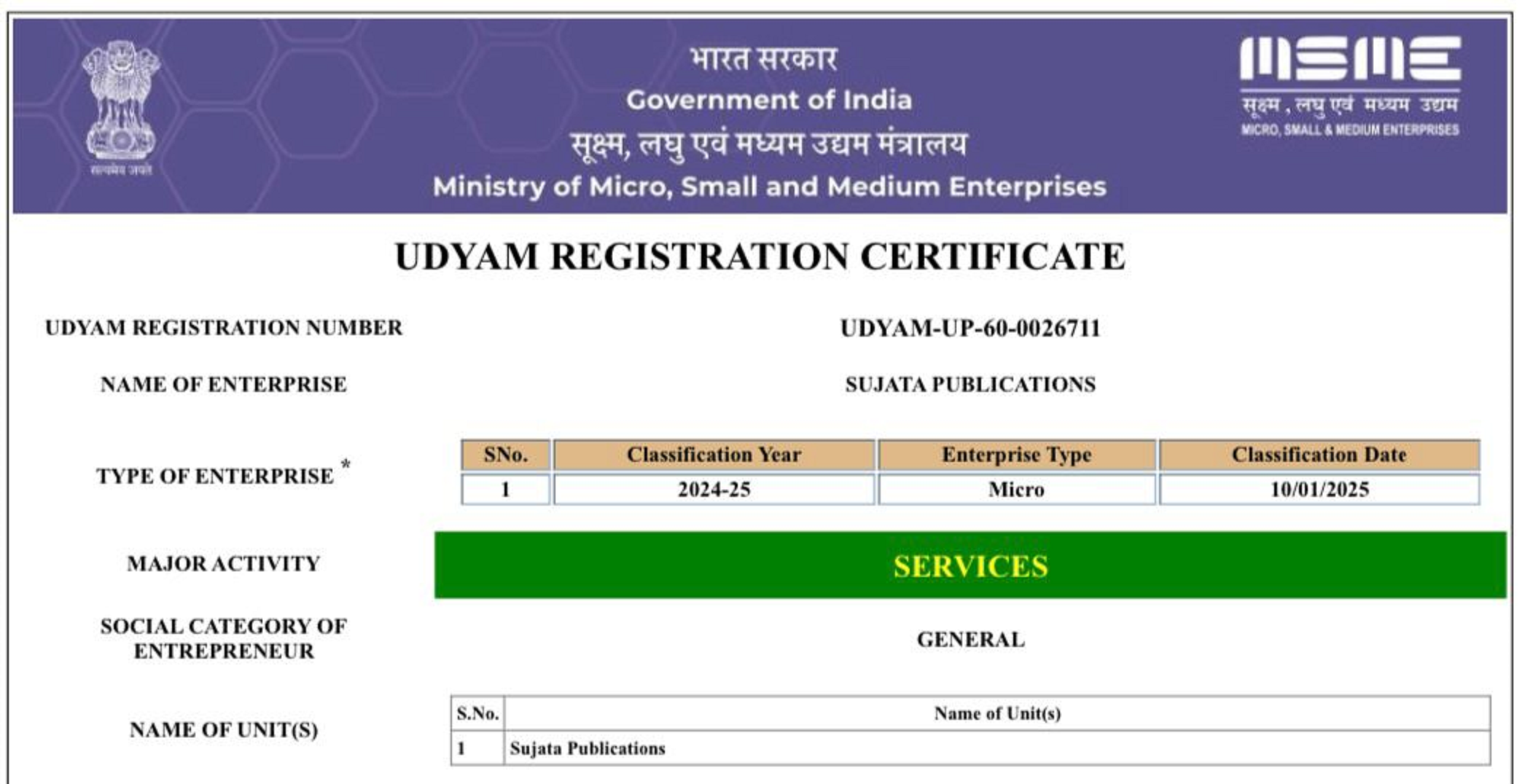Application of Machine Learning to Identify Molecular Descriptors Influencing Viscosity in Concentrated Therapeutic Antibodies
DOI:
https://doi.org/10.62896/ijpdd.2.6.01Keywords:
Machine learning, monoclonal antibodies, viscosity prediction, molecular descriptors, biopharmaceutical optimizationAbstract
The viscosity of concentrated therapeutic antibodies affects how easily we can make, store, and give them to patients. This study combines machine learning with experimental and computational methods. It aims to find the molecular descriptors that affect viscosity changes in monoclonal antibodies (mAbs). We analyzed key descriptors like charge distribution, hydrophobicity, and solvent-accessible surface areas. This was done using molecular dynamics simulations and predictive modeling. Experimental viscosity data at high concentrations were combined with advanced algorithms. Decision tree classifiers helped uncover nonlinear relationships between structural properties and viscosity. The machine learning model showed impressive results. It had a predictive accuracy of 94.3%. Its precision was 92.8%, and recall reached 96.1%. This model outperformed old rule-based methods. Key terms like SCM, N_phobic_Fv, and CSP were found to greatly influence viscosity trends. These findings give important insights into how physicochemical factors affect mAb viscosity. They also provide a strong base for early antibody screening and improving formulations. This study highlights how machine learning can improve biopharmaceutical development. It helps design therapeutic antibodies that are easier to manufacture and better for patients. Future research will aim to expand datasets. It will also add more molecular descriptors. This will help refine predictive models.
Downloads
Published
Issue
Section
License
Copyright (c) 2025 Sujata Publications

This work is licensed under a Creative Commons Attribution-NonCommercial 4.0 International License.
















